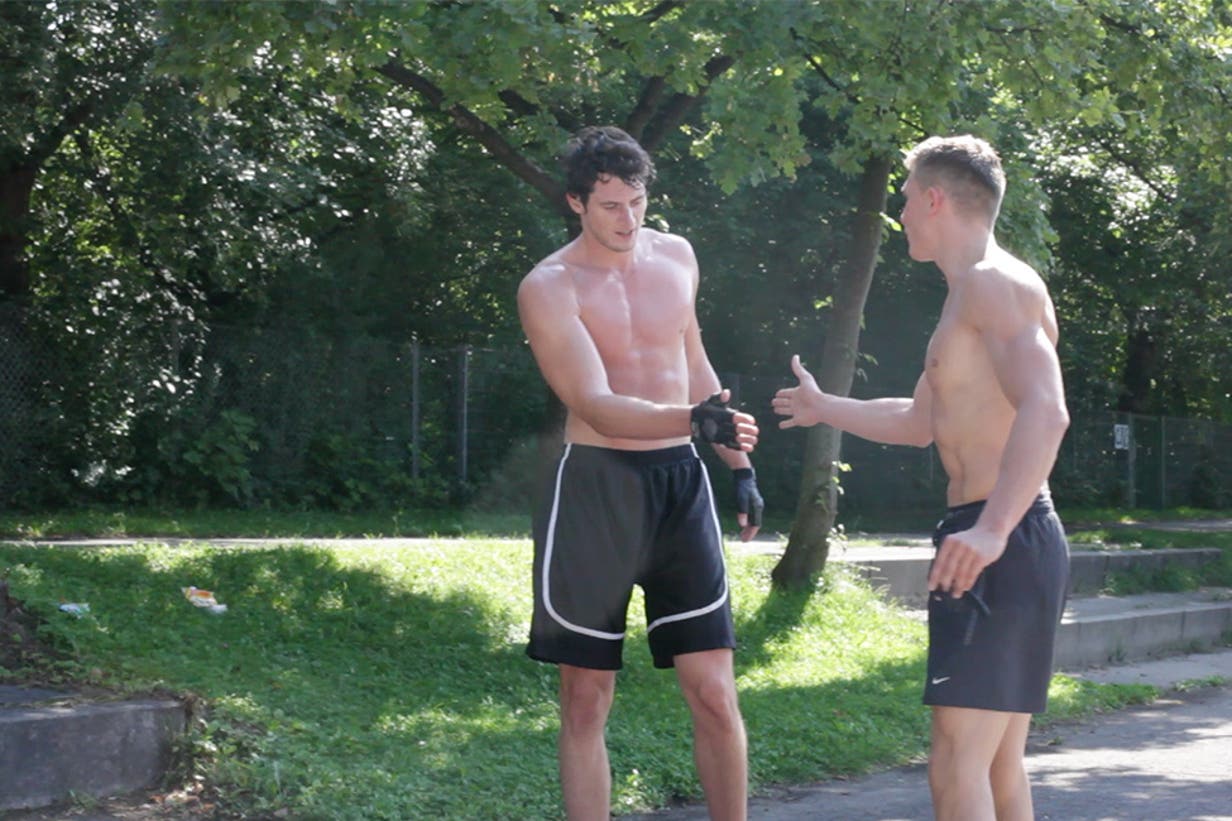An athlete’s performance depends on more than how many hours they spend on the training ground. It is compelled by their motives and reasons to act. When someone is driven by achievement, this motive usually occurs in 2 dimensions: hope for success and fear of failure. Whereas one of these dimensions breeds strong, focused and fearless athletes, the other can result in procrastination, doubt or choking under pressure.
By answering the following questions – honestly – you can determine whether you are a hope for or fear of athlete, and uncover strategies to ensure your reason to act pushes you positively towards new challenges and opportunities to become your best version.

Hope for success
Do you like challenges and actively go looking for them? Are you willing to give up comforts in order to gain appreciation? Do you enjoy comparing yourself with others and competing to be the best? Or are you confident that you will reach a goal, no matter what it takes? If this sounds familiar, then you are an achievement driven individual and it is your hope for success that motivates your actions.

Fear of failure
Do you avoid competitions and training with others altogether in case they see you fail? Do you often think about the bad things that might happen before a routine or competition? Or do you find yourself coming up with excuses for your performance before you’ve even started? If this sounds like you, then you fall into the fear of failure category, and it is this fear that motivates you.
It might even be the case that you are driven by both – hope for success and fear of failure. In this case being driven by a strong feeling of ability – and preparation, while at the same time fearing to lose what you’ve already reached – you might train harder than others to avoid any failure. This offers you a chance of outstanding performance but also owns the risk of injuries, overtraining & procrastination. If neither A nor B is relevant for you, chances are high that you’re not achievement motivated, but rather power or affiliation motivated. We will provide you with information on this in our next article
So what’s the difference when it comes to these personas and their level of success? Sorry fear of failures, but studies show that the most successful, strong-willed and consistent athletes are motivated by a hope for success. Why?
If you hope for success, you are able to set clear goals that are challenging, yet realistic, driven by internal motives and your own personal desire to achieve. Those who fear failure on the other hand, have an unrealistic image of perfection and focus more on what could go wrong and external influences such as the reaction of others, rather than a possible, positive outcome. This distorted perception of failure can cause an individual to drop out, cheat or train harder – potentially putting their health at risk, especially when they’re driven by both hope for success and fear of failure. It may even surprise you how many professional athletes fall into this category, as the tremendous amount of training these athletes are willing to accept to avoid failure enables them to reach world-class performance levels.
But do not confuse fear of failure with lack of motivation. It simply means, the fear of failing motivates one to take action in a certain way. Remember: if you envision failure, you’re more likely to fail or procrastinate.
The good news is, there are intervention strategies that can help an athlete work on these issues. Among others, this includes for example, goal setting, emotional regulation, mental training or visualization. Even if you are an hope for success athlete, these strategies will help you stay focused and overcome procrastination more easily. Here are some examples:
- Regularly reminding yourself of previous achievements and rewarding them.
- Learn to set goals effectively – eg. set SMART goals and rearrange goals concerning authenticity (how much do my goals relate to my authentic interests and values – self concordance), then visualize them.
- Learn relaxation methods like breathing techniques, or progressive muscle relaxation (PMR) to regulate/control your emotions in certain situations. You can also practice your routine in your head regularly (mental training) to become more efficient and feel better prepared for the real performance or competition.
- The “what if” game – every time you think of what could go wrong, force yourself to think of what could go right. For instance: “What if I don’t meet my PB” vs. “What if I do meet my PB?” or “So what if I don’t meet my PB, I still did it.”

The next time you find yourself procrastinating, determine whether it’s your fear of failure taking over your mind. If so, we suggest you start overcoming it asap. If training with others scares you…join a training group. Register for a race. Try something new – the thing you always thought looked cool, but also scared the living daylights out of you. You’ll soon find that not only is failure not such a bad thing after all, it’s also an imperative element of your journey and can ultimately help you become a better athlete.
To experience success you must first hope for it, then work for it.